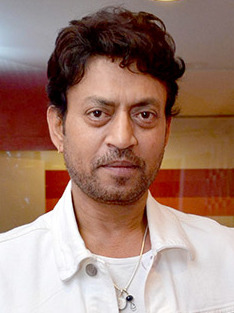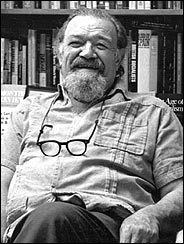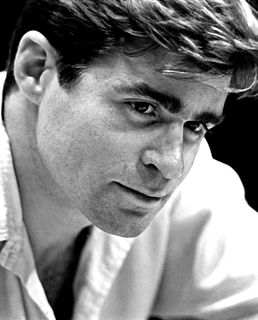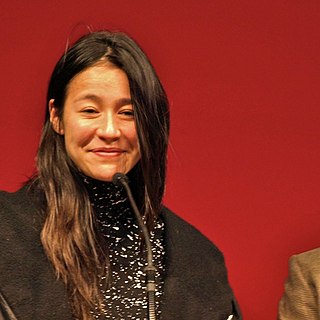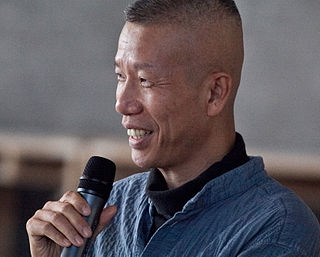A Quote by Carl Jung
The most intense conflicts, if overcome, leave behind a sense of security and calm that is not easily disturbed. It is just these intense conflicts and their conflagration which are needed to produce valuable and lasting results.
Related Quotes
When you think of all the conflicts we have - whether those conflicts are local, whether they are regional or global - these conflicts are often over the management, the distribution of resources. If these resources are very valuable, if these resources are scarce, if these resources are degraded, there is going to be competition.
The other thing is that it's really hard to separate out the harassment from everything we do. When we started creating Tropes, we were hyper-aware of the intense scrutiny, the intense harassment, and the intense pressure to do something meaningful given the attention both positive and negative. That's carried over in terms of making sure that I produce the best work that I can, that's the most accurate, the most sensitive and engaged.
Ironically, people who suppress the mini-confrontations for fear of conflict tend to have huge conflicts later, which can lead to separation, precisely because they let minor problems fester. On the other hand, people who address the mini-conflicts head-on in order to straighten things out tend to have the great, long-lasting relationships.
We all know about the big world conflicts: Israel and Palestine, Zimbabwe, and so on. But there are smaller conflicts that aren't even on the world's radar screen; most of the world has no idea that Ethiopia invaded Somalia a year ago. It makes sense for the Elders to sit down with both sides and see whether leaders can come to an understanding.
Mao challenged the idea that economic planning would dissolve conflicts of interest among the people. He saw it dialectically - conflicts between intellectuals and manual workers, between the city and the countryside, stratification in the party and society. He said it was necessary to struggle to overcome these differences whether it takes 100 or 500 years.
All good dramas are rife with conflicts, and the conflicts have to be resolved. What I think is so great about a show that takes place in a hospital is that you have so many different people with different needs. Sometimes all those can be in conflict. The drama of Heartland also comes from the group of people waiting, and they are sometimes agonizingly waiting for a new organ for their body in order to survive. So the show is so much about survival, which creates a sense of urgency to get the organs. I think that sense of urgency is probably the most prominent dramatic quality to the show.
• Eating disorders are addictions. You become addicted to a number of their effects. The two most basic and important: the pure adrenaline that kicks in when you're starving—you're high as a kite, sleepless, full of a frenetic, unstable energy—and the heightened intensity of experience that eating disorders initially induce. At first, everything tastes and smells intense, tactile experience is intense, your own drive and energy themselves are intense and focused. Your sense of power is very, very intense. You are not aware, however, that you are quickly becoming addicted.
That intense faith in another world, that intense hatred for this world, that intense power of renunciation, that intense faith in God, that intense faith in the immortal soul, is in you. I challenge anyone to give it up. You cannot. You may try to impose upon me by becoming materialists, by talking materialism for a few months, but I know what you are; if I take you by the hand, back you come as good theists as ever were born. How can you change your nature?






